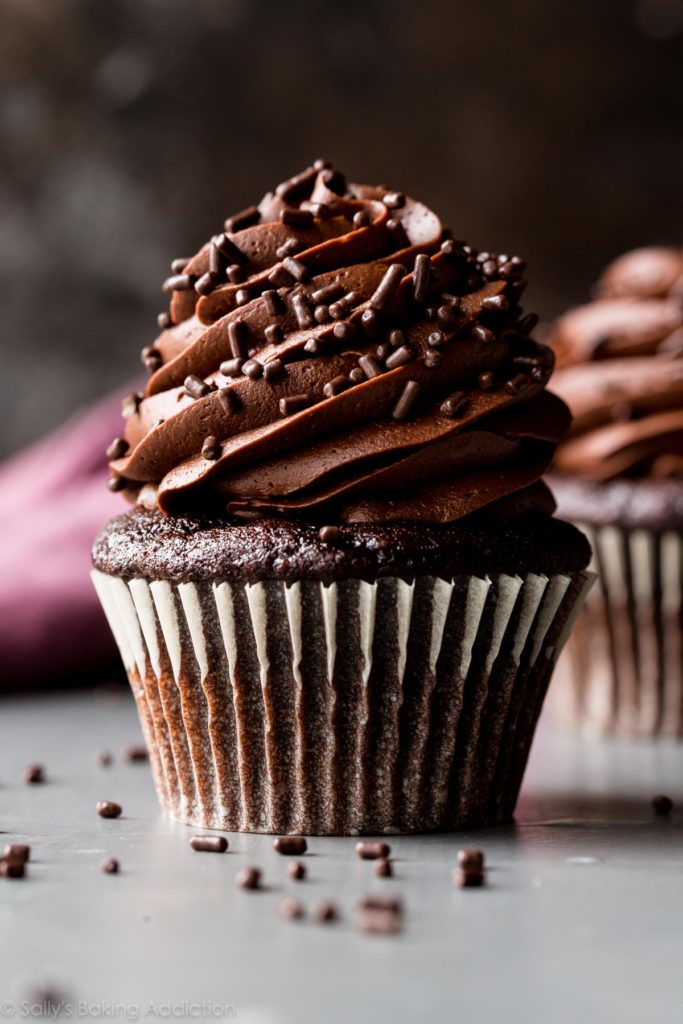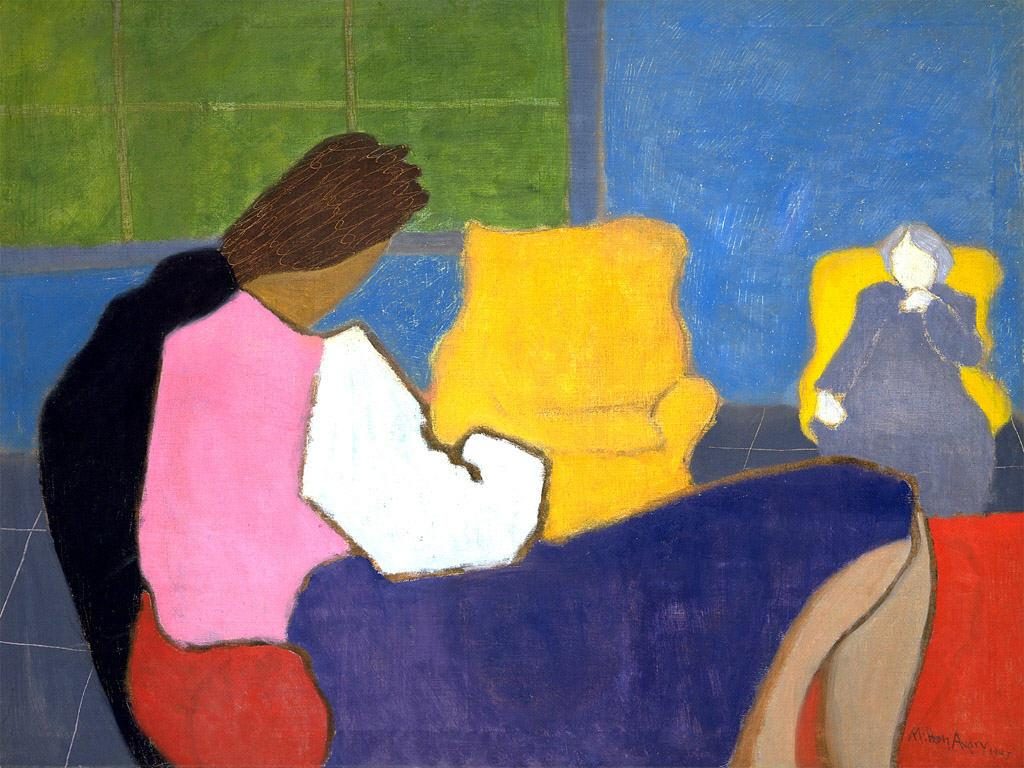Archive | Country Matters
Sweet Sweet Fascism
 I woke craving chocolate cake, as I do when PMSing despite having quit refined sugar or dessert of any kind more than three years ago. It’s miraculous that I gave it up, really, given my passion for sweetening things up literally. Am I utterly vice-free? Goddess no; I’m still more of an isolationist than is healthy, I still drink “adult sugar” as a goddaughter once called wine, I’m still waiting for that last sweet-faced narcissist to leave my bloodstream. But the more I detox my family’s favorite drug–and apparently it takes years to do so–the more I recognize it as one of the most odious and culturally accepted tools of end-stage capitalism. Keep them loggy, keep them sick, and fill their spiritual voids with empty calories. People will swallow the worst kind of shit with a spoonful of sugar, and no one rises to fight from the throes of sugar coma.
I woke craving chocolate cake, as I do when PMSing despite having quit refined sugar or dessert of any kind more than three years ago. It’s miraculous that I gave it up, really, given my passion for sweetening things up literally. Am I utterly vice-free? Goddess no; I’m still more of an isolationist than is healthy, I still drink “adult sugar” as a goddaughter once called wine, I’m still waiting for that last sweet-faced narcissist to leave my bloodstream. But the more I detox my family’s favorite drug–and apparently it takes years to do so–the more I recognize it as one of the most odious and culturally accepted tools of end-stage capitalism. Keep them loggy, keep them sick, and fill their spiritual voids with empty calories. People will swallow the worst kind of shit with a spoonful of sugar, and no one rises to fight from the throes of sugar coma.
Space Crone Sob Stories and Secret Shames
I wake with a Laurie Colwin quote flashing in my mind’s eye.
I’m always smartest when I first wake up. My ego’s still out of the picture and I’m open to the divine intelligence that supports us even when we don’t support ourselves.
So the Laurie Colwin quote: “There’s a difference between privacy and dignity but they look the same.” I don’t even have to think about why that quote is showing up now. I’ve been totally sequestered, and that line explains why. In short, I’m ashamed, and it’s easier to stay out of everyone’s eye while I feel this way.
In general, I’ve never given a huge shit what people think of me. I wasn’t out of grade school before I realized everyone’s too busy worrying about how they are being judged to judge anyone else. By my 30s I stopped taking self-esteem cues from other’s interest if I didn’t reciprocate it; the futility of all that hope and will just made me sad.
But I don’t like people feeling sorry for me.
Sympathy to my mind is inherently distancing. Empathy I can bear; empathy is what I bear. But I don’t offer sympathy, ever, and I don’t appreciate being on the receiving end of it. Sympathy is just so condescending. It says: I see you in that hole and god knows I wouldn’t want to be in it so I feel bad that you are. Empathy says: I’m in that hole until you climb out, and I’ll love you no matter where you are. Continue Reading →



